Boost testosterone naturally: specific nutrition strategies?
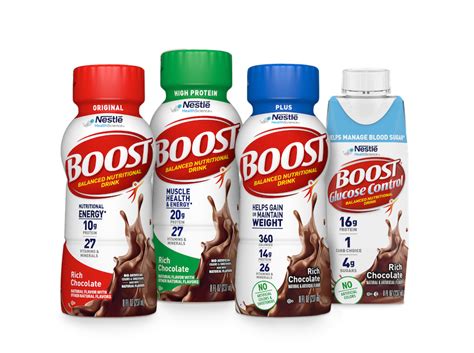
The Crucial Role of Testosterone and Its Natural Enhancement
Testosterone, a primary male sex hormone, plays a pivotal role far beyond libido and muscle mass. It influences bone density, red blood cell production, fat distribution, mood, and cognitive function. While aging naturally leads to a gradual decline, lifestyle factors, especially nutrition, significantly impact its production. Optimizing your diet is a powerful, natural way to support healthy testosterone levels.
Foundational Nutritional Pillars for Testosterone Support
Achieving optimal testosterone levels starts with a balanced intake of macronutrients: fats, proteins, and carbohydrates. None should be excessively restricted, as each plays a vital role in hormone synthesis and regulation.
Healthy Fats: Non-Negotiable for Hormone Production
Dietary fat is often misunderstood, but it’s crucial for testosterone production. Cholesterol, derived from fats, is a precursor to testosterone. Focus on monounsaturated and polyunsaturated fats, as well as saturated fat from healthy sources in moderation.
- Sources: Avocados, olive oil, nuts (almonds, walnuts), seeds (chia, flax), fatty fish (salmon, mackerel), coconut oil, eggs.
Adequate Protein Intake: Building Blocks for Health
While not directly involved in testosterone synthesis like fats, protein is essential for muscle growth and repair, which indirectly supports testosterone levels. It also helps with satiety and weight management, which is beneficial as excess body fat can convert testosterone into estrogen.
- Sources: Lean meats (beef, chicken, turkey), fish, eggs, dairy products, legumes, whey protein.
Complex Carbohydrates: Energy and Stress Management
Carbohydrates provide the energy your body needs for daily functions and exercise. Restricting them too severely can elevate cortisol (stress hormone), which can suppress testosterone. Prioritize complex carbohydrates for sustained energy and stable blood sugar.
- Sources: Whole grains (oats, brown rice, quinoa), sweet potatoes, fruits, vegetables.
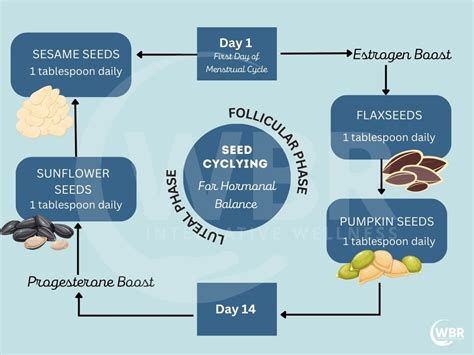
Key Micronutrients: The Testosterone Catalysts
Several vitamins and minerals act as cofactors in the complex process of testosterone production. Ensuring adequate intake of these micronutrients is critical.
Vitamin D: The Sunshine Vitamin and Hormone Precursor
Often referred to as a pro-hormone, Vitamin D is directly linked to testosterone levels. Studies show that men with sufficient Vitamin D levels tend to have higher testosterone.
- Sources: Sun exposure, fatty fish, fortified dairy products, egg yolks, some mushrooms. Supplementation may be necessary, especially in winter months or for those with limited sun exposure.
Zinc: The Essential Mineral for Testosterone Synthesis
Zinc is vital for numerous bodily functions, including immune health and testosterone production. Deficiency in zinc has been strongly correlated with lower testosterone levels.
- Sources: Oysters (exceptionally rich), red meat, poultry, beans, nuts, fortified cereals.
Magnesium: Enhancing Bioavailable Testosterone
Magnesium helps reduce the binding of testosterone to sex hormone-binding globulin (SHBG), thereby increasing the amount of free, bioavailable testosterone in the blood. This is the active form of the hormone your body can use.
- Sources: Leafy green vegetables (spinach, kale), nuts (almonds, cashews), seeds (pumpkin, chia), legumes, dark chocolate.
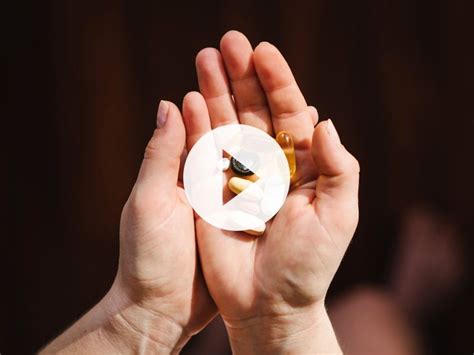
Specific Foods to Incorporate for Testosterone Boost
Beyond individual nutrients, certain foods offer a synergistic blend of beneficial compounds.
- Oysters: Arguably the best dietary source of zinc, crucial for testosterone production.
- Fatty Fish (Salmon, Mackerel, Tuna): Rich in Vitamin D and Omega-3 fatty acids, which have anti-inflammatory properties and support overall hormone health.
- Egg Yolks: A good source of Vitamin D, healthy fats, and cholesterol, all precursors to testosterone.
- Leafy Green Vegetables (Spinach, Kale, Swiss Chard): Packed with magnesium, an essential mineral for free testosterone levels.
- Berries and Citrus Fruits: High in antioxidants like Vitamin C, which can help reduce oxidative stress that might negatively impact testosterone.
- Garlic: Contains diallyl disulfide, which may stimulate the release of luteinizing hormone, signaling the testes to produce more testosterone.
- Ginger: Some research suggests ginger may improve testosterone levels and sperm quality.
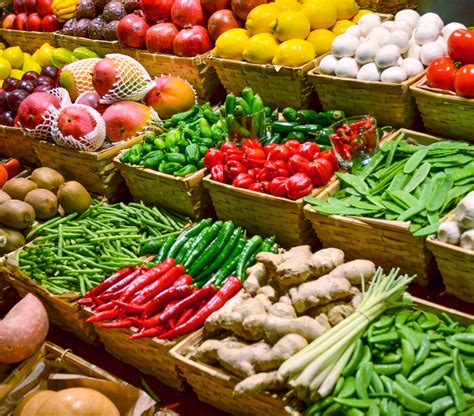
Foods to Limit or Avoid for Optimal Testosterone Levels
Just as important as what you eat is what you don’t. Certain foods and substances can actively lower testosterone.
- Processed Foods and Added Sugars: Contribute to inflammation, weight gain, and insulin resistance, all of which can negatively impact testosterone.
- Trans Fats and Excessive Unhealthy Saturated Fats: Found in fried foods and many processed snacks, these can harm overall health and hormone balance.
- Excessive Alcohol: Chronic heavy alcohol consumption is known to impair testosterone production and can lead to increased estrogen levels.
- Soy Products (in excess): While moderate consumption is generally fine, some studies suggest very high intake of soy isoflavones might have estrogenic effects in men, though evidence is mixed.
- Flaxseed: High in lignans, which can increase SHBG and potentially lower free testosterone, though this is also debated and likely only significant in high doses.
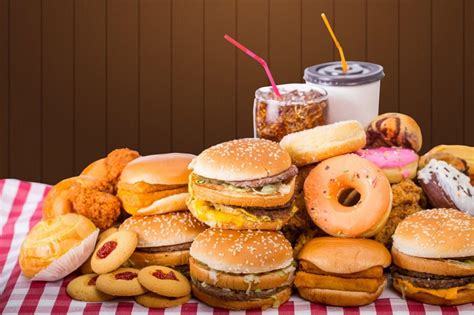
Beyond Nutrition: Complementary Lifestyle Factors
While nutrition is paramount, it’s part of a larger picture. Adequate sleep, regular strength training, stress reduction, and maintaining a healthy body weight all synergistically support healthy testosterone levels. Nutrition provides the fuel and building blocks, but these lifestyle factors create the optimal environment for hormone production.

Conclusion
Naturally boosting testosterone through nutrition is a comprehensive strategy that involves prioritizing healthy fats, adequate protein, and complex carbohydrates, alongside a rich intake of key micronutrients like Vitamin D, zinc, and magnesium. By consciously choosing nutrient-dense foods and limiting those that can negatively impact hormone balance, you can significantly support your body’s ability to produce and utilize testosterone, contributing to improved energy, mood, strength, and overall well-being. Always consider consulting a healthcare professional or registered dietitian before making significant dietary changes, especially if you suspect a hormone imbalance.








